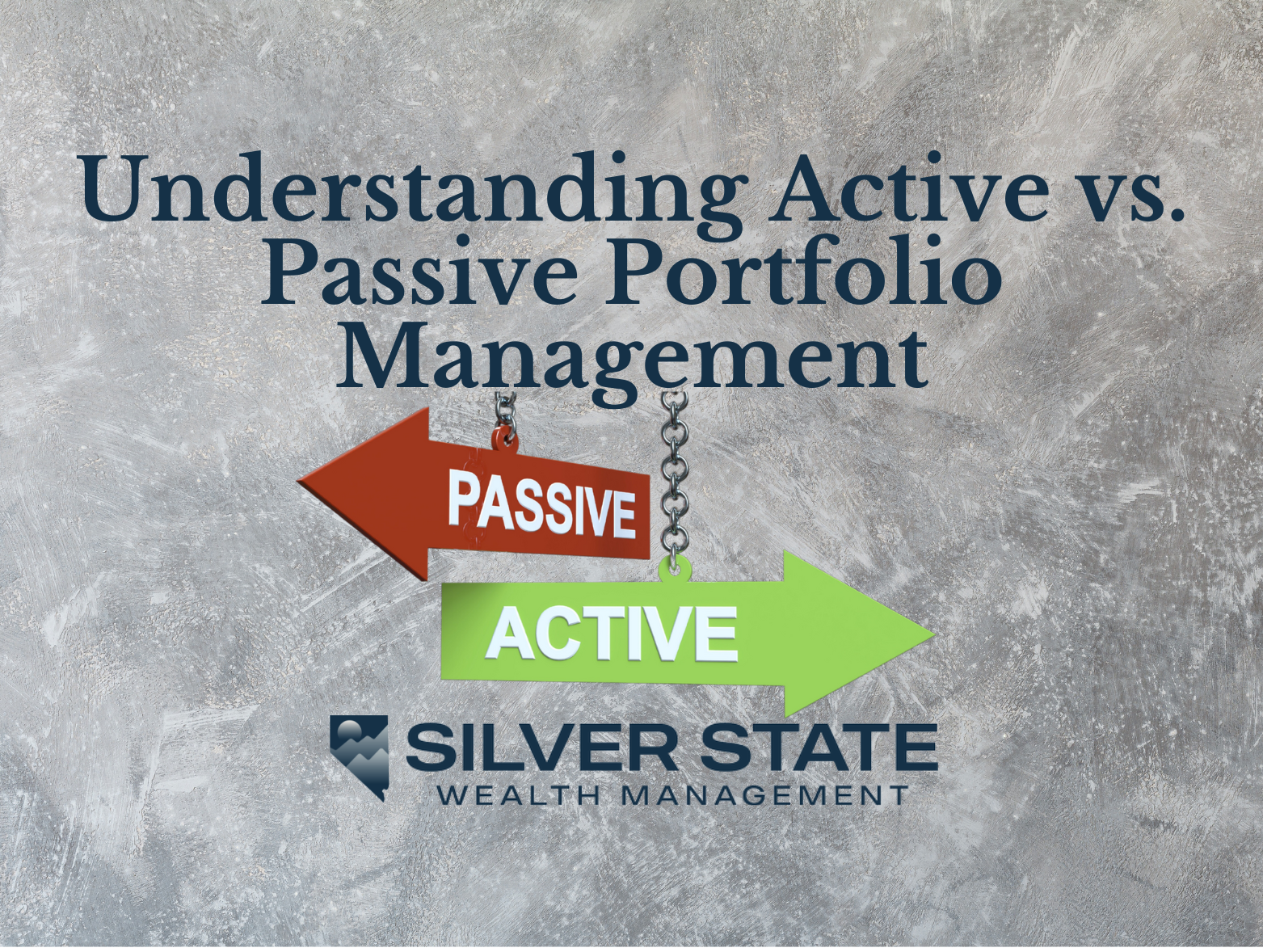
What is GDP and why does it matter?
Gross Domestic Product (GDP) is more than just an economic buzzword—it’s a core indicator of a nation’s economic strength. Whether you’re a policymaker, investor, or business leader, understanding how GDP is calculated and what it signals can help you make smarter, more strategic decisions.
In this blog, Curtis breaks down what GDP is, how it's measured, and why it matters now more than ever.

Social Security Earnings Test and How It Could Impact You
Understanding how the Social Security Earnings Test works is essential if you plan to work while receiving benefits before your full retirement age.
In this blog, Jeff explores how your earnings may impact your benefits and how a financial advisor can help you navigate these rules to support your long-term retirement strategy.

How a Financial Advisor Can Help with Charitable Giving
Strategic charitable giving can make a meaningful impact for the causes you support and your financial plan.
In our latest blog, Curtis explores how partnering with a financial advisor can help you align your philanthropy with your goals, optimize tax benefits, and build a lasting legacy.

Interest Rate Movement and the Impact on Bonds
With interest rates on the rise, bond prices have come under pressure—especially in longer-duration holdings. But this environment also brings opportunity: higher yields and the potential to reinvest at more attractive rates.
In this blog, Jeff talks about how navigating today’s bond market requires both caution and clarity.

Understanding Active vs. Passive Portfolio Management
Choosing between active and passive portfolio management is one of the most important decisions investors face. Whether you prefer the hands-on strategy of actively selecting stocks or the set-it-and-forget-it approach of tracking an index, your choice can shape your long-term financial success.
In this post, Curtis breaks down the key differences, pros and cons, and how to decide which strategy fits your goals and risk tolerance.

How a financial advisor can help you optimize your order of liquidation
As you near retirement, the order in which you withdraw from your investment accounts can significantly affect your taxes and long-term financial health.
In this blog, Jeff discusses how a financial advisor can help you craft a personalized liquidation strategy that reduces tax liabilities, meets income needs, and maximizes the growth potential of your savings.
In this blog, Jeff writes about how partnering with a financial advisor can provide the strategic insight needed to assess risk, diversify wisely, and stay focused on long-term goals.

The Disadvantages of Mutual Funds as Investment Vehicles
Many investors turn to mutual funds, believing they offer a simple path to growth. But beneath the surface, hidden fees, tax inefficiencies, and limited control can quietly erode returns.
In our latest blog, Curtis explores the key risks every investor should consider before investing in mutual funds.

Optimizing Risk Management with a Financial Advisor
In today’s unpredictable markets, effective risk management isn’t just smart—it’s essential.
In this blog, Jeff writes about how partnering with a financial advisor can provide the strategic insight needed to assess risk, diversify wisely, and stay focused on long-term goals.

How Tariffs Work
Tariffs may sound complex, but their impact on your wallet—and your investment portfolio—can be significant.
In this blog, Curtis breaks down what tariffs are, why governments use them, and how they can ripple through the economy.

Secure Your Financial Future with a Retirement Planning Specialist
Retirement planning is a critical aspect of financial management, yet it often overwhelms individuals. This is where a retirement planning specialist comes into play, providing invaluable guidance and expertise tailored to each client's unique needs and goals.
In this blog, Jeff takes a closer look at the significant value these professionals bring to the table.

Financial Keys for Retirees: Ensuring a Secure and Enjoyable Retirement
Retirement should be a time to enjoy the fruits of your labor, but achieving financial security in this phase of life requires careful planning and management.
In this blog, Curtis reviews several financial keys that retirees should consider to ensure a stable and fulfilling retirement.

Market Corrections and the Importance of Asset Allocation
Market corrections, defined as a decline of 10% or more in a market index from its recent peak, are a natural part of the investment landscape. These corrections can be unsettling for investors, but history shows that markets have consistently rebounded over time.
In this blog, Jeff writes about previous market corrections, their recovery times, and the importance of asset allocation.

Understanding Stagflation and the Role of a Financial Advisor
Stagflation—high inflation, slow growth, and rising unemployment—can create financial uncertainty. But with the right strategy, you can protect your wealth.
In this blog, Curtis will explain what stagflation is and how a financial advisor can help

Risk Tolerance vs. Risk Exposure
Aligning your risk tolerance with your risk exposure ensures that your investment strategy is tailored to your personal comfort level, helping you achieve your financial goals without undue stress.
In this blog, Jeff explores the importance of aligning your risk tolerance with risk exposure in investment strategies.

The Benefits of Working with a Financial Advisor
Navigating the complex world of personal finance can be overwhelming, especially when it comes to planning for the future. This is where the expertise of a financial advisor can be invaluable.
In this blog, Curtis will discuss some key benefits of working with a financial advisor.

Pitfalls of Retirement Planning
As retirees approach their golden years, the importance of sound financial planning cannot be overstated. However, many retirees fall into common pitfalls that can jeopardize their financial security.
In this blog, Jeff goes over some of the common financial planning pitfalls retirees face.

The Effects of Interest Rate Movements on Bonds
Interest rates play a pivotal role in the bond market, influencing both the pricing and the yield of bonds. Understanding how interest rate movements affect bonds is essential for investors, as it can significantly impact investment performance and portfolio strategy.
In this blog, Curtis will discuss how interest rates effect bonds.

Common Challenges Retirees Face
As retirees transition into a new chapter of life, they often encounter a range of financial planning challenges that can impact their overall well-being.
In this blog, Jeff goes over some of the common challenges retirees face.

Understanding How Stocks and Bonds Work
Investing in the financial markets can often seem daunting, but understanding the basic concepts of stocks and bonds can demystify this process. Both stocks and bonds are fundamental investment vehicles, each serving different purposes and offering distinct benefits.
In this blog, Curtis will discuss how stocks and bonds work and how you can use them in your portfolio.

Order of Liquidation from Accounts and Its Importance for Retirees
Did you know that the order of liquidation from your accounts can play a pivotal role in ensuring a financially secure retirement?
In this blog, Jeff discusses the importance of planning your order of liquidation.
